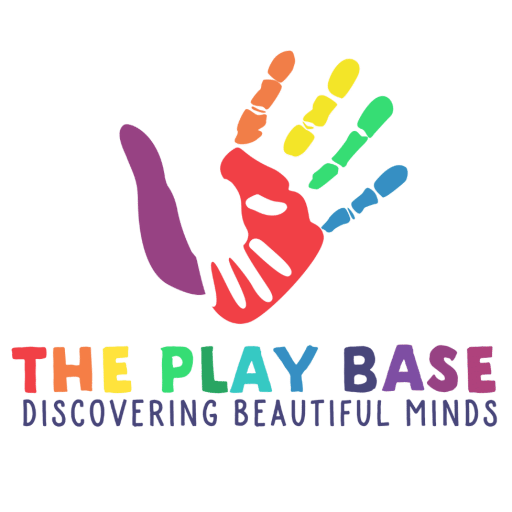Can ABA Therapy Be Used for Emotional Outbursts? What Parents Should Know

Big emotions can feel overwhelming—for kids and for parents. One minute everything is calm. The next, there is yelling, crying, or a full meltdown on the floor. Many families ask us the same question: can ABA therapy be used for emotional outbursts? In our experience, the answer is yes—when it’s done thoughtfully, ethically, and with […]
ABA Therapy vs. Cognitive Behavioral Therapy: Key Differences

When families start exploring ABA therapy vs. CBT, the questions come fast. Which approach works better for autism? What about anxiety? Is one better for children than adults? We hear these questions every week. In our experience, the right answer depends less on labels and more on goals, age, and how behaviors show up in […]
How ABA Therapy Helps with Independence and Daily Routines

Families often reach out to us when everyday life feels harder than it should. Mornings are chaotic. Bedtime stretches too long. Simple tasks turn into daily battles. In our experience, ABA therapy for independence helps by turning those moments into teachable skills instead of stressful standoffs. The goal is not perfection. The goal is progress […]
Is ABA Therapy a Long-Term Commitment? What Parents Need to Know

Parents often ask us the same question during their first call or tour: is ABA therapy a long-term commitment, or is it something my child will need forever? It’s a fair question. Committing time, energy, and trust to therapy is a big decision for any family. In our experience working with children and parents every […]
How ABA Therapy Supports Executive Functioning Skills | A Complete Guide for Parents

Executive functioning skills help children plan, stay focused, switch tasks, and solve problems. These skills make daily life easier, from getting ready in the morning to completing homework. Many children with autism or developmental delays struggle with executive function, which can lead to frustration, overwhelm, or challenging behavior. ABA Therapy is one of the most […]
ABA Therapy for Anxiety: Can It Help?

Anxiety can make everyday tasks feel overwhelming for children and teens. Many families wonder if ABA Therapy for anxiety can help their child feel calmer, safer, and more confident. The answer is yes—when ABA is used with the right strategies, it can reduce stress, teach emotional coping skills, and support real-life success at home, school, […]
How Does ABA Therapy Compare to Play Therapy?

Families looking into autism interventions often hear about ABA Therapy vs Play Therapy and wonder which option supports their child’s development best. Both approaches can help children learn and grow. But they work in different ways, use different strategies, and offer different types of support. This guide breaks down what parents need to know in […]
How to Find a Reputable ABA Therapy Center Near You

Families searching for the right ABA therapy center want one thing above all: a place they can trust to support their child with safe, effective, and compassionate care. With many behavior therapy clinics and autism service providers available today, it can feel overwhelming to know which one is the best fit. This guide breaks down […]
What Is the Role of Parents in ABA Therapy? | Complete Family Guide

Applied Behavior Analysis (ABA) therapy is one of the most effective approaches for children with autism and other developmental needs. While therapists guide the process, the role of parents in ABA therapy is equally important. Parent involvement in ABA therapy programs helps create consistency, strengthens learning, and supports long-term success. Parent Involvement in ABA Therapy […]
What Are the Long-Term Effects of ABA Therapy? | Complete Guide for Parents

Applied Behavior Analysis (ABA) therapy is one of the most researched and widely used approaches for supporting children with autism. Parents often ask: What are the long-term effects of ABA therapy? The answer lies in the way ABA builds real-world skills, shapes behavioral changes, and promotes independence that lasts well beyond therapy sessions. Long-Term Impact […]


